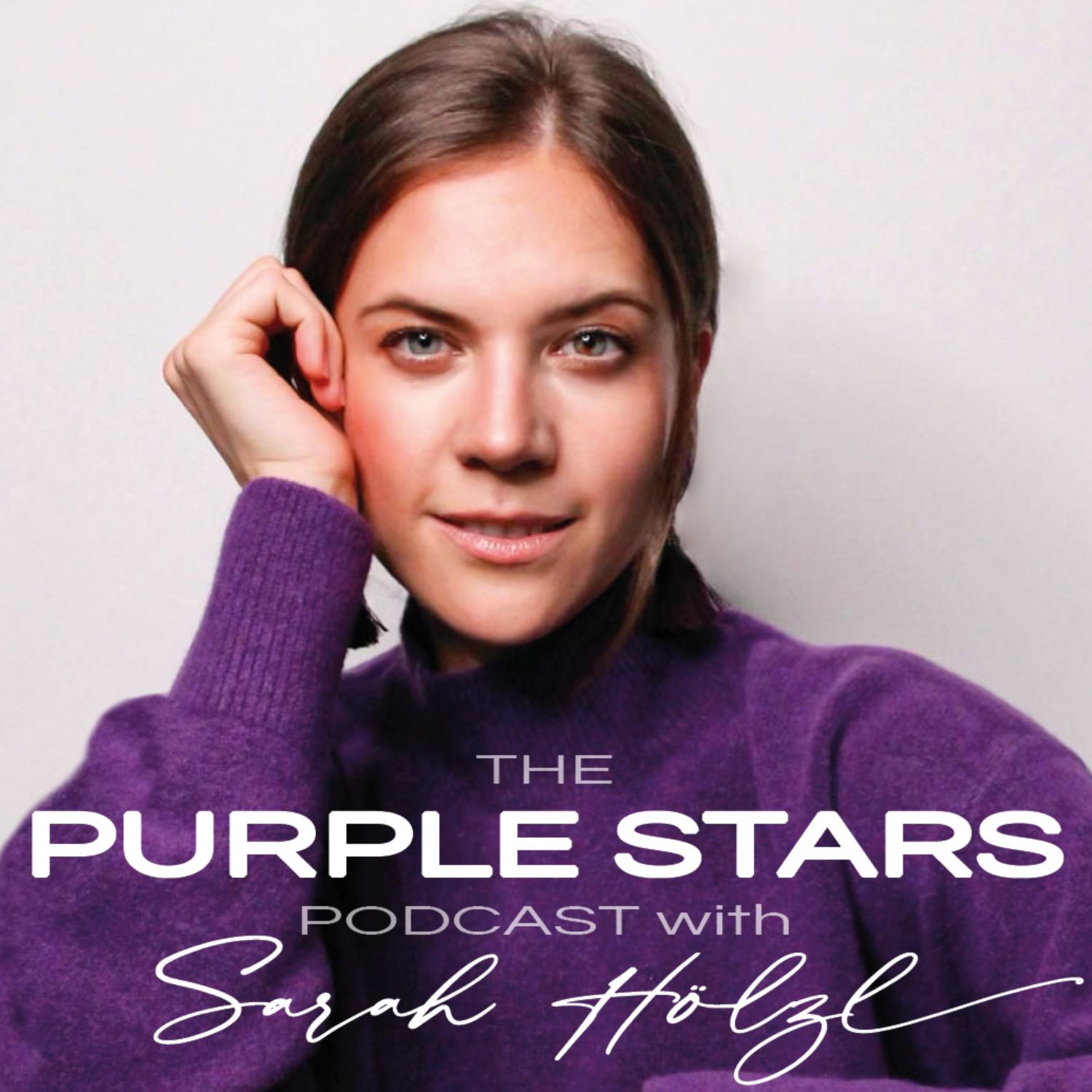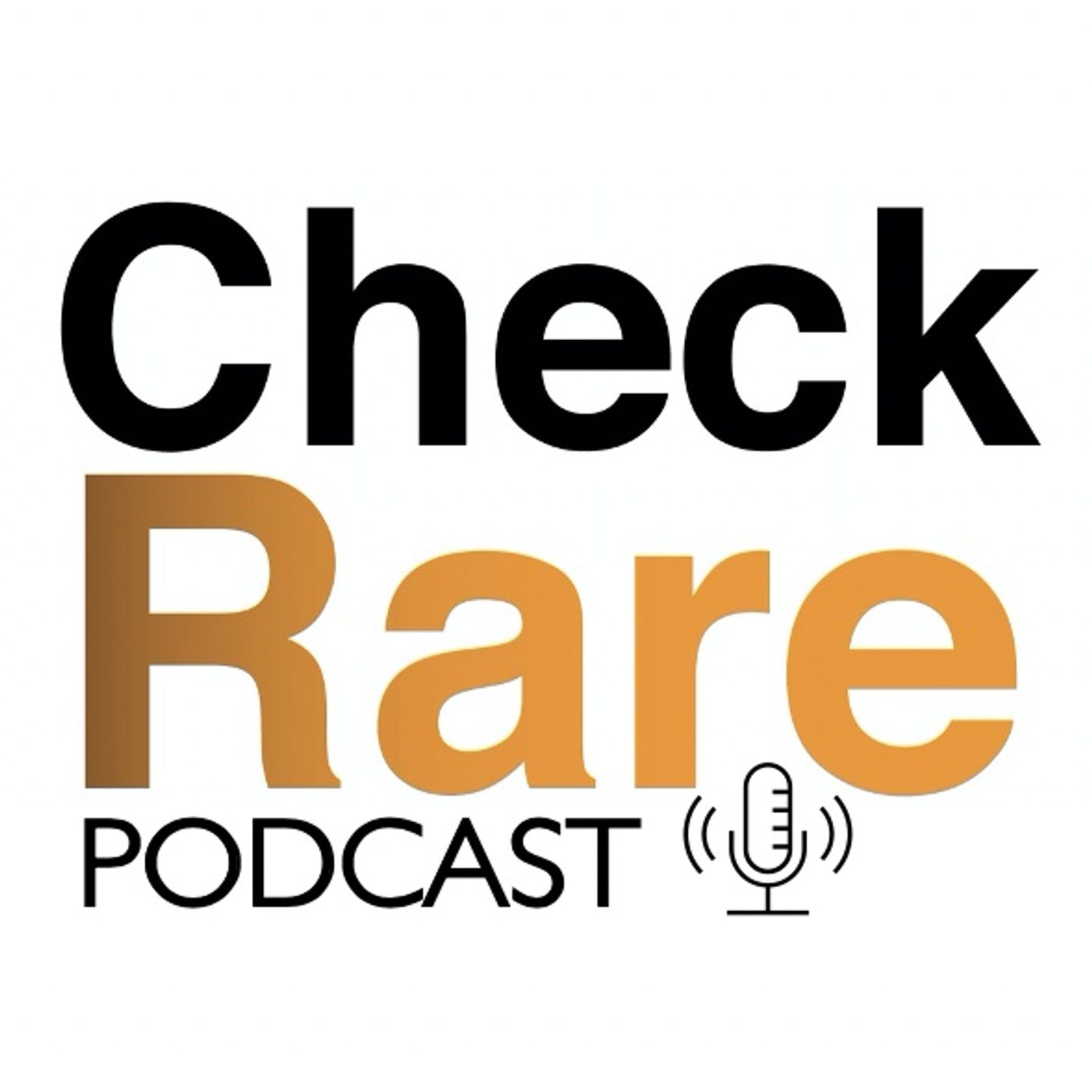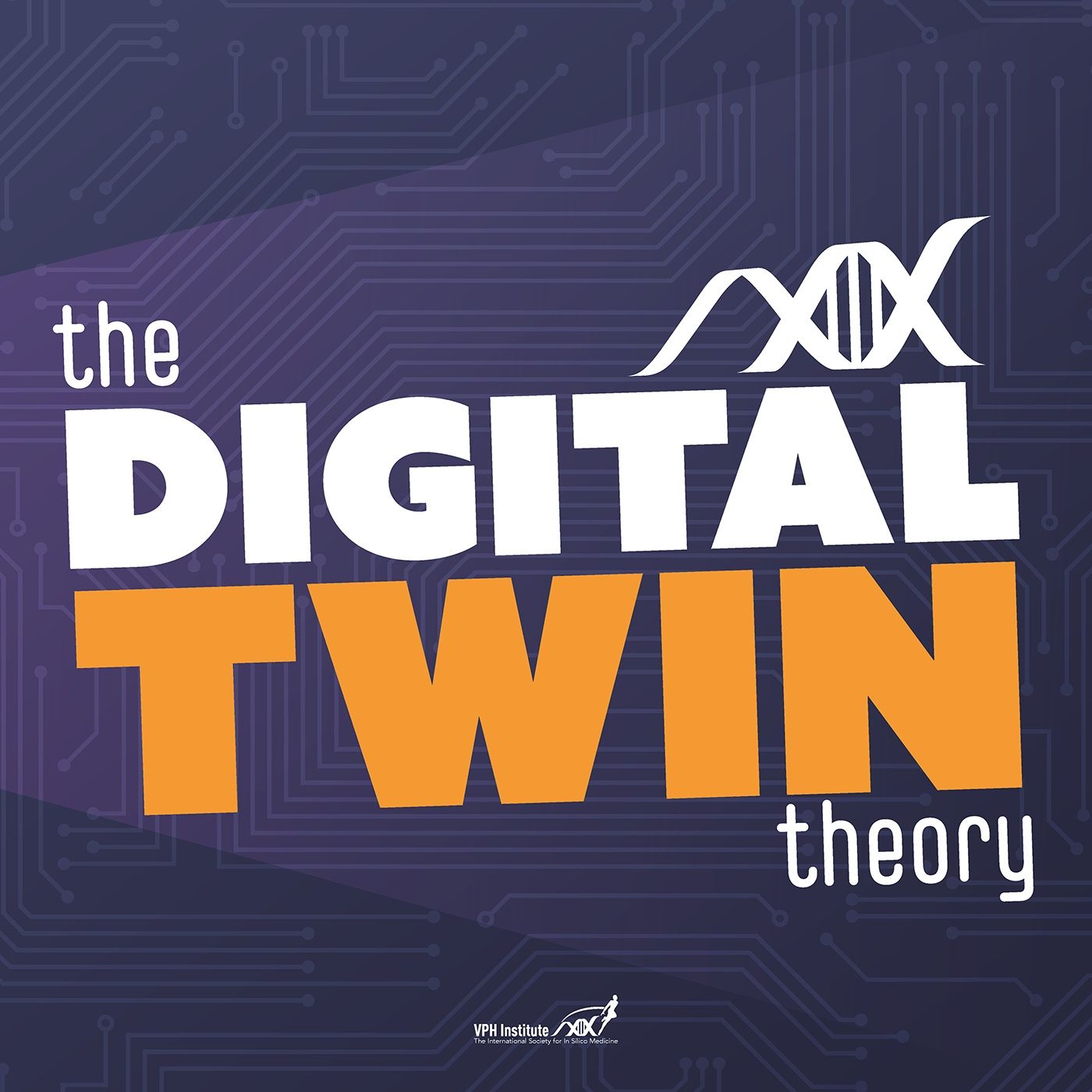TIME to Talk - Science & Medicine: Back from the Dead
Update: 2024-11-27
Description
Get to know our guest Dr. Will Sharp an Assistant Professor of Medicine in the Department of Medicine at the University of Chicago. Dr. Sharp’s research is to understand the fundamental mechanisms that couple mitochondrial behavior with cellular energetic demand. Specifically, his lab studies how substrate limitations or increased workload of the cell are coupled with altered mitochondrial metabolism, dynamics, and biogenesis to meet these demands. These cellular principles have particular translational relevance in the setting of cardiac arrest, myocardial infarction, sepsis, and traumatic injury.
Dr. Sharp is also investigating the protective effects of mild hypothermia at the cellular and tissue level. Hypothermia is used during cardiac surgery, has been shown to improve outcomes from cardiac arrest in randomized clinical trials. While hypothermia is known to slow the utilization of ATP, Dr. Sharp’s lab has demonstrated that hypothermia also appears to specifically block known signaling pathways that regulate the mitochondria including AMPK and mTOR. Recent work by the lab also demonstrates that hypothermia regulates DRP1, a known modulator of mitochondrial fission and metabolism. Since hypothermia is one of the few clinically proven tools used to improve patient outcomes, understanding its effects on mitochondrial behavior could lead to improved pharmacological strategies for treating patients. Dr. Sharp’s work through its basic science and translational approaches has the potential for high impact discovery.
Dr. Sharp earned his undergraduate degree in biology and history at Wofford College in Spartanburg, SC. He went on to complete his Ph.D. in biomedical science at the University of South Carolina studying the role of mechanical forces in the regulation of cardiac myofibrillogenesis. After completing a post-doctoral fellowship at the University of Illinois at Chicago, Dr. Sharp earned his medical degree from the University of South Carolina graduating Magna Cum Laude. During his medical studies, he earned a Rotarian Ambassadorial Fellowship from 2001-2002 to study gene therapy of cystic fibrosis at Oxford University, Oxford England. He completed emergency medicine residency at the University of Michigan in 2007 and is board certified.
Dr. Sharp is also investigating the protective effects of mild hypothermia at the cellular and tissue level. Hypothermia is used during cardiac surgery, has been shown to improve outcomes from cardiac arrest in randomized clinical trials. While hypothermia is known to slow the utilization of ATP, Dr. Sharp’s lab has demonstrated that hypothermia also appears to specifically block known signaling pathways that regulate the mitochondria including AMPK and mTOR. Recent work by the lab also demonstrates that hypothermia regulates DRP1, a known modulator of mitochondrial fission and metabolism. Since hypothermia is one of the few clinically proven tools used to improve patient outcomes, understanding its effects on mitochondrial behavior could lead to improved pharmacological strategies for treating patients. Dr. Sharp’s work through its basic science and translational approaches has the potential for high impact discovery.
Dr. Sharp earned his undergraduate degree in biology and history at Wofford College in Spartanburg, SC. He went on to complete his Ph.D. in biomedical science at the University of South Carolina studying the role of mechanical forces in the regulation of cardiac myofibrillogenesis. After completing a post-doctoral fellowship at the University of Illinois at Chicago, Dr. Sharp earned his medical degree from the University of South Carolina graduating Magna Cum Laude. During his medical studies, he earned a Rotarian Ambassadorial Fellowship from 2001-2002 to study gene therapy of cystic fibrosis at Oxford University, Oxford England. He completed emergency medicine residency at the University of Michigan in 2007 and is board certified.
Episode: https://podcast.cfrc.ca/podcast/back-from-the-dead/
Podcast: https://podcast.cfrc.ca/podcasts/time-to-talk-science-medicine/
Comments
Top Podcasts
The Best New Comedy Podcast Right Now – June 2024The Best News Podcast Right Now – June 2024The Best New Business Podcast Right Now – June 2024The Best New Sports Podcast Right Now – June 2024The Best New True Crime Podcast Right Now – June 2024The Best New Joe Rogan Experience Podcast Right Now – June 20The Best New Dan Bongino Show Podcast Right Now – June 20The Best New Mark Levin Podcast – June 2024
In Channel






















